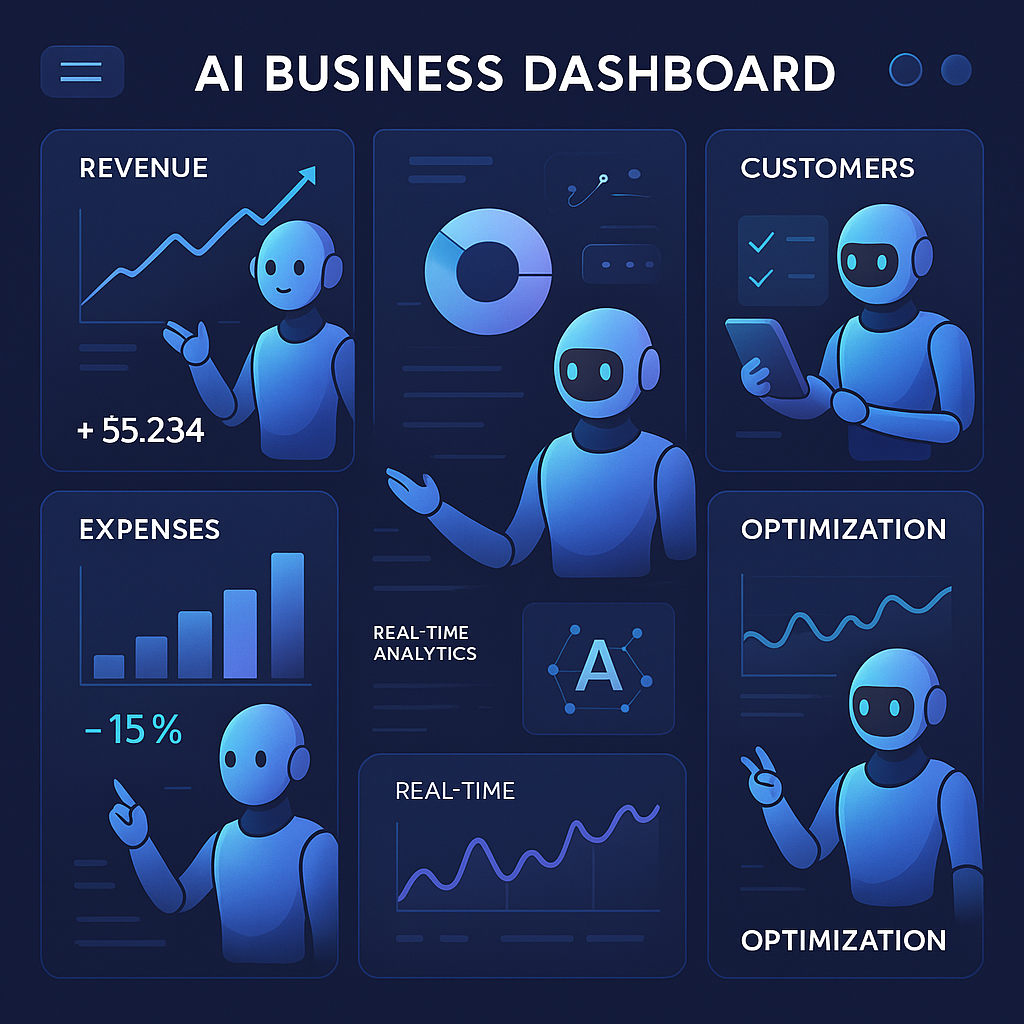Agentic Automation: Unlocking the Next Era of Autonomous Business Operations

Agentic automation has become the headline topic for digital transformation strategists in 2025. As businesses seek end-to-end autonomy for complex workflows, this new wave of automation, powered by advanced AI agents, is moving well beyond the traditional boundaries of RPA (robotic process automation) and low-code platforms.
What Is Agentic Automation?
Agentic automation refers to the deployment of highly autonomous software agents—powered by generative AI and self-improving algorithms—that can independently analyze, plan, execute, and optimize business tasks with minimal human supervision. Unlike legacy automation, which relies on rigid rules and scripts, agentic automation leverages dynamic decision-making and adaptable workflows.
In 2025, agentic automation is driving the evolution from static process automation to a continuous, learning-based optimization loop—one where digital agents:
- Understand goals and constraints
- Identify opportunities for action
- Communicate and collaborate with other agents (and humans)
- Adapt to changing contexts in real time
How Agentic Automation Differs from Traditional Automation
Traditional RPA and workflow automation tools require detailed upfront programming and struggle with exceptions or novel scenarios. Agentic systems, by contrast, are designed to handle ambiguity, incomplete information, and shifting business priorities. Key differences include:
- Adaptive Problem Solving: Agents can learn, iterate, and modify their own strategies based on data and feedback.
- Orchestration Across Systems: Agents interact dynamically across siloed software environments, APIs, and even legacy systems.
- Goal-Driven, Not Step-Driven: Instead of a fixed sequence, agents optimize toward defined outcomes such as faster onboarding, lower costs, or higher accuracy.
Use Cases Exploding in 2025
Agentic automation is rapidly taking over manual, exception-prone, and cross-functional processes. Examples include:
- Customer Service: Agents can triage, remediate, escalate, and even proactively resolve customer issues across multiple channels.
- Finance & Procurement: AI agents autonomously reconcile invoices, manage spend, and negotiate terms with vendors within set guardrails.
- Product Development: R&D teams use agentic systems to synthesize research data, identify market gaps, and auto-generate early prototypes.
Forward-thinking companies like Siemens, Stripe, and HSBC have publicly shared cost savings and productivity boosts by piloting agentic automation in critical workflows.
Why Decision-Makers Should Care
In 2025, adopting agentic automation is less about being tech-savvy and more about strategic competitiveness. The advantages:
- Agility: Businesses can rapidly adapt operations as regulations, supply chains, and customer preferences shift.
- Workforce Redesign: Human talent focuses on complex judgment, creativity, and relationship-building—AI agents take care of high-volume, repetitive, or ambiguous work.
- Risk Management: Self-monitoring agents can spot exceptions and compliance issues in real time, reducing operational risk.
Getting Started: Readiness and Pitfalls
If you're considering agentic automation, assess:
- Data Quality: Agents need clean, timely, and integrated data to act effectively.
- Governance: Set clear boundaries—what is the agent empowered to do, and when should it escalate?
- Change Management: Teams must understand and trust how these agents operate and when to intervene.
Industry leaders suggest piloting agentic automation in areas where high volume, high variability, and clear business goals intersect.
The Bottom Line
Agentic automation is no longer a buzzword—it’s rapidly becoming the core infrastructure for modern business operations. Decision-makers who harness its potential will unlock new value, resilience, and efficiency in the decade ahead.
Ready to explore how agentic automation could reshape your business? Start identifying candidate processes and experiment on a small scale—you’ll be surprised at the transformation.